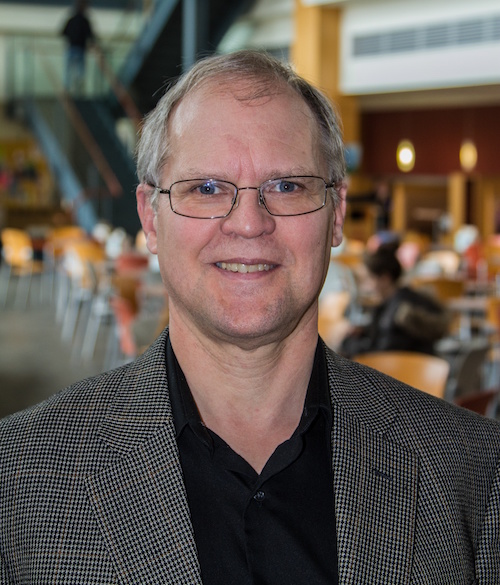
I publish scholarly research on the religious dimensions of science, especially since 1650. I am active in academic societies devoted to studying the history of science and interactions between science and religion.
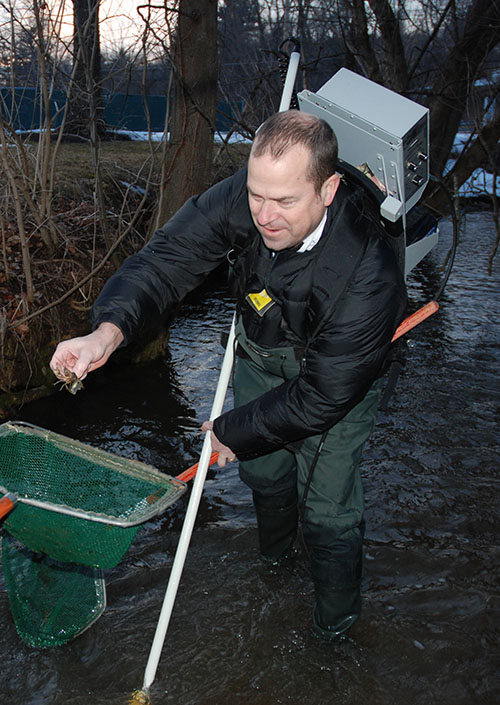
Microbiological
Water quality projects focusing on Pennsylvania waterways relating to ecosystem and human health:
Cedar Run
Dogwood Run
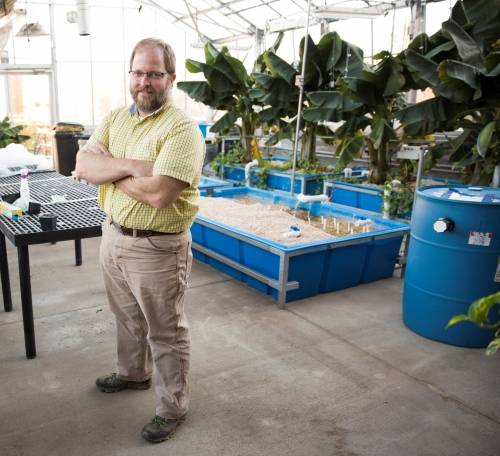
Aquaponics and Plant Biostimulants - Using patented, worm-based bioprocessors to develop better crop yields with Intag. Global.
Science, Language, and Relationships - Co-exploration and reinvigoration of ethnobotany traditions with Forest County Potawatomi, WI.
Forest Ecology - Fire effects on deciduous forests, forest restoration, and control of invasive plant species, PA.
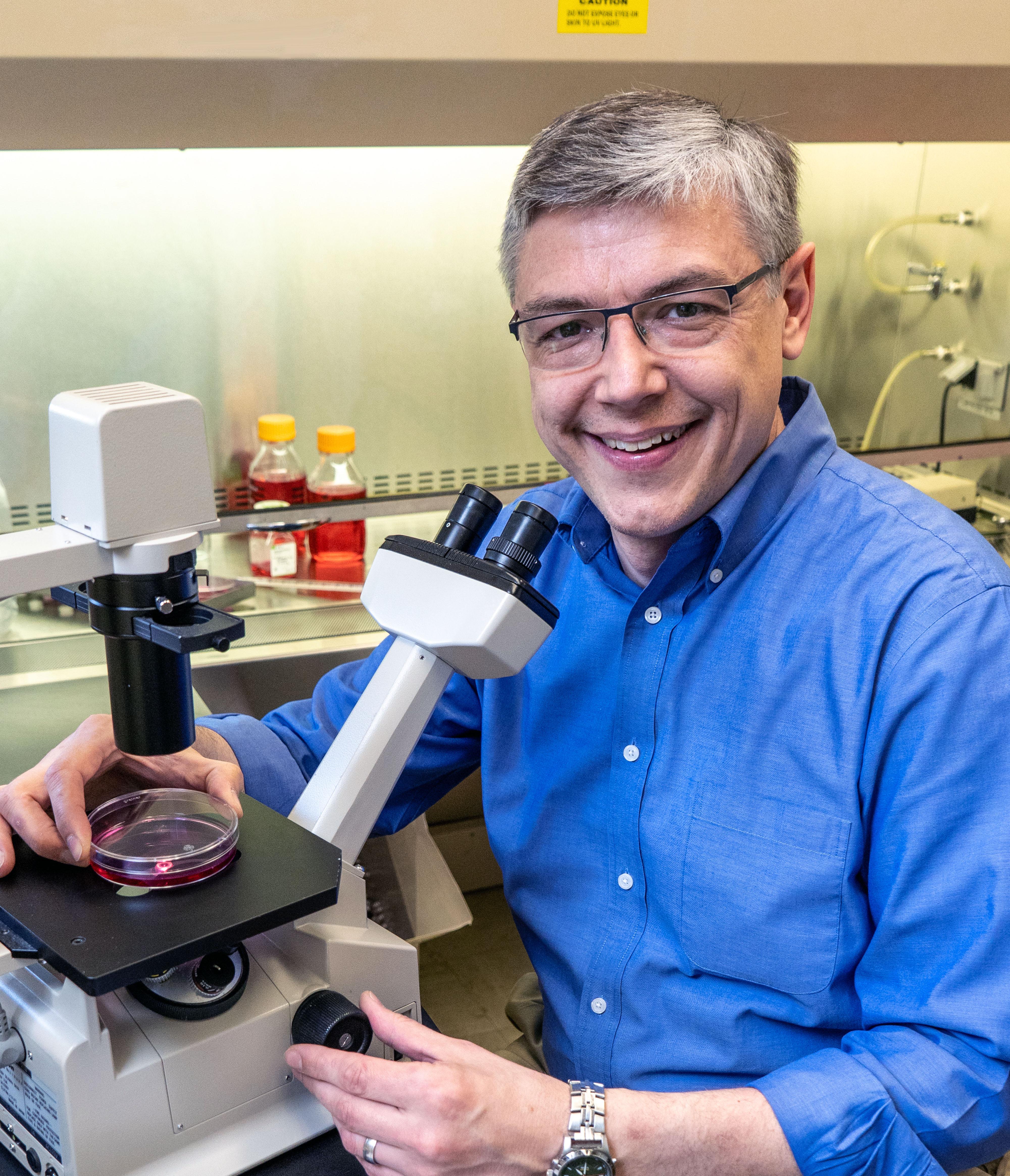
I have long been intrigued by the genetics controlling metastasis (the spread of cancer to distant sites) and the complex cellular interactions within the microenvironment of the tumor. My lab seeks to elucidate the role of two hormones—gastrin and cholecystokinin—and their receptors in the development, growth, and therapeutic resistance of pancreatic cancer. How do genetic variants of the gastrin receptor contribute to risk and aggressiveness of pancreatic cancer? How does gastrin signaling drive the uniquely rich collagen fibrosis in pancreatic tumors that complicates treatment?
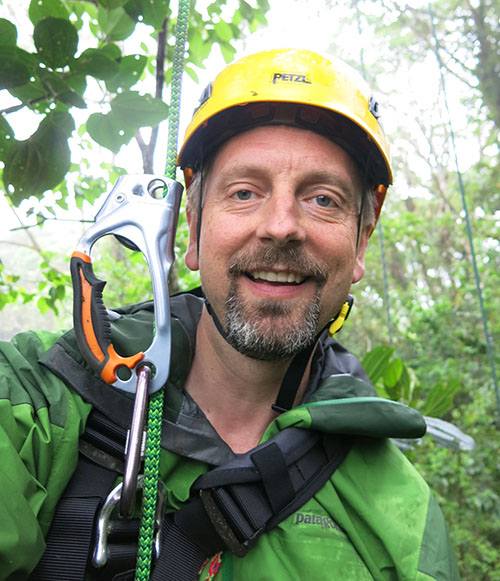
Results from some of my studies in behavioral ecology and natural history of the Panamanian golden frog and other harlequin toads have encouraged me to delve into issues surrounding aposematic coloration in these amphibians. As a concerned biologist, I have become active in endangered species conservation and population recovery by organizing and co-directing Proyecto Rana Dorada (http://www.ranadorada.org/), a multi-institutional species survival initiative for the endangered golden frog, Atelopus zeteki.
Likewise, I have studied biodiversity modeling and community ecology in woodland vernal pools in Southern Pennsylvania, Bd fungal disease in amphibians, 3D spatial ecology in Neotropical canopy frogs, persistent pesticide presence in salamander communities in the Great Smoky Mountains National Park, and phylogeography and evolutionary biology in harlequin toads.

My research at Messiah University is on the re-introduction of flax in Pennsylvania. With its high levels of omega-3 fatty acids, flax has immense potential as a functional food in the dietary intervention against chronic diseases. My students and I are evaluating several flax varieties for their growth, yield, and disease incidence. Our goal is to select the best flax varieties which can be integrated in sustainable farms in South Central PA.
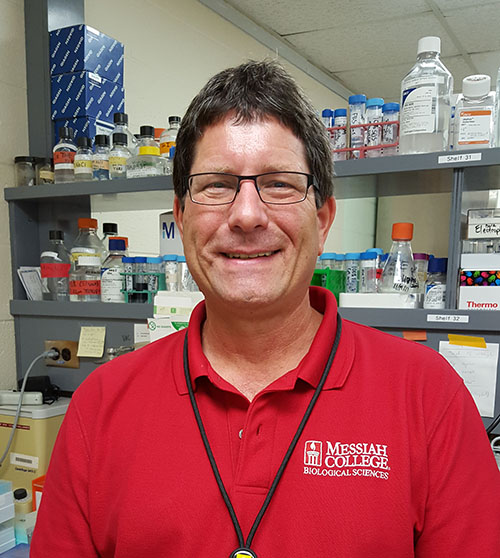
Three interests propel research projects in my laboratory: 1.) How can T cell-mediated immunity be used to control and/or prevent cancer?; 2.) Can the causative agent of severe malaria, Plasmodium falciparum, be cultivated in the laboratory using frozen human blood?; 3.) I routinely develop or improve laboratory experiences used in my traditional Immunology, Microbiology or Molecular Biology courses.
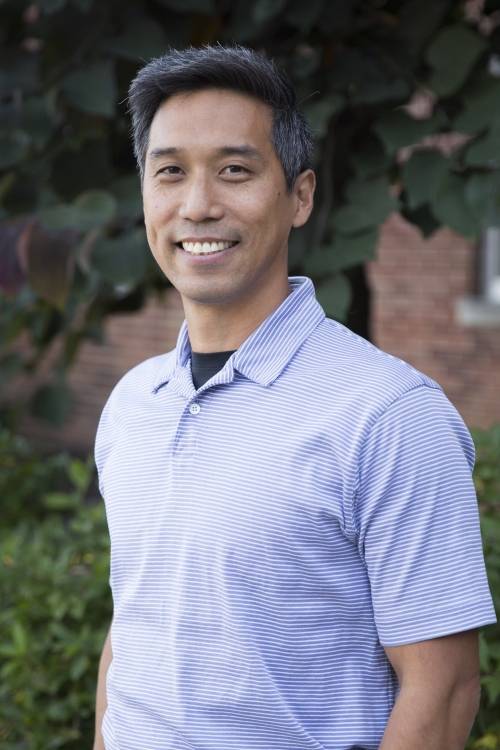
My lab focuses on molecular genetic research in the plant model system Arabidopsis thaliana, a mustard weed. Arabidopsis is an ideal system to do genetic research in because it possesses a number of ideal characteristics and an impressive array of available resources, including the completed sequence of its genome. My lab uses molecular genetic approaches to study the response of plants to metal ions in tissue culture. This work is done in collaboration with Dr. Rick Schaeffer from the Department of Chemistry and Biochemistry.
I also collaborate with Dr. Scott Kieffer in the Department of Health, Nutrition and Exercise Science to study the impact of genetics on the ergogenic effects of caffeine on performance.
If you are interested in either project and would like to find out more information, please feel free to drop by my office (J255) and chat or contact me at: MShin@Messiah.edu.